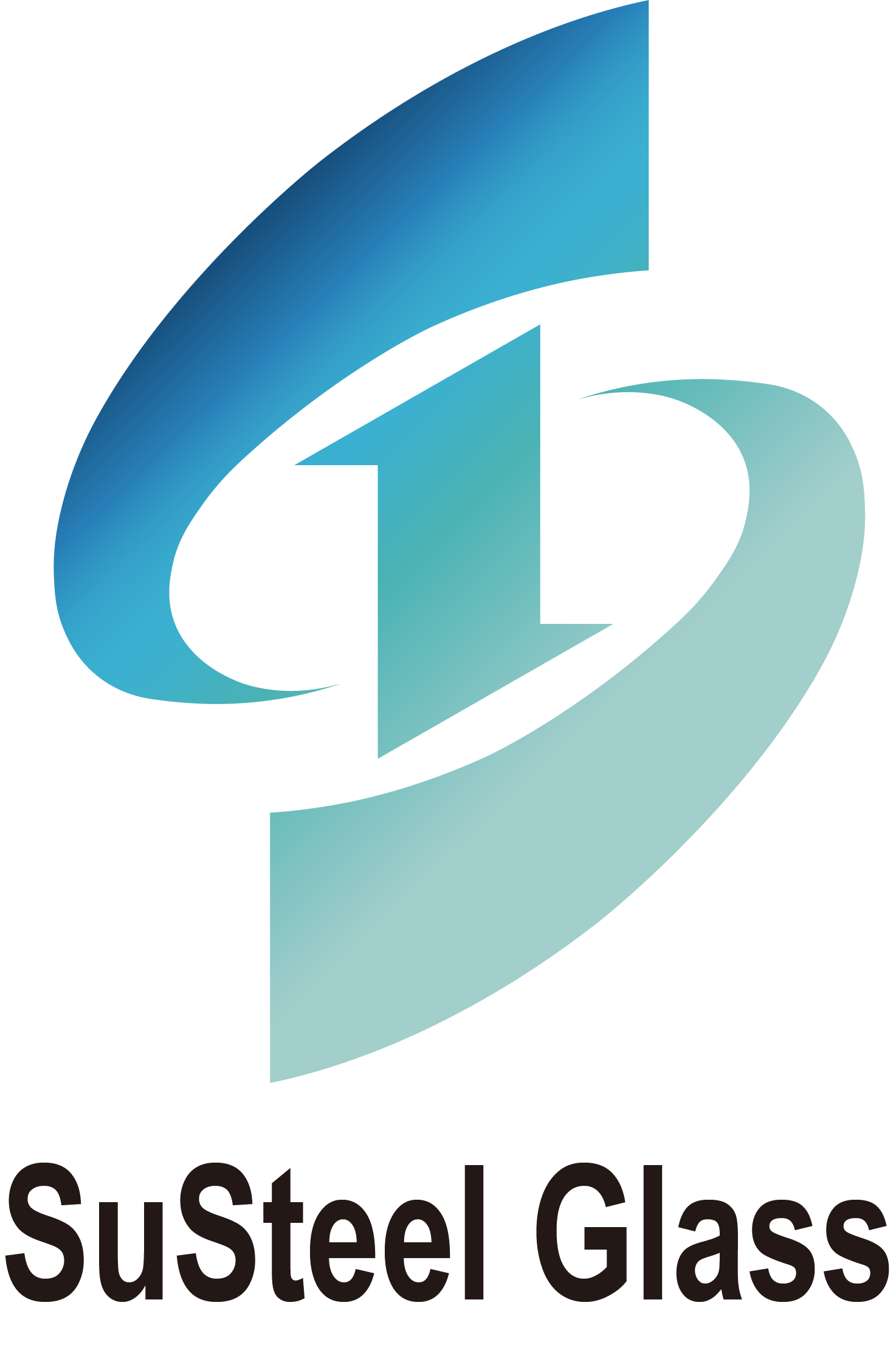Custom thick glass is a versatile material that finds extensive use in various industries and applications due to its unique properties and capabilities. This article delves into the applications and advantages of custom thick glass, highlighting its versatility and potential in diverse fields.
One of the primary applications of
custom thick glass is in architectural design and construction. Thick glass panels are used for structural purposes, such as building facades, walls, partitions, and balustrades. The thickness of the glass enhances safety and durability, providing protection against impact, weather elements, and sound transmission. Additionally, custom thick glass can be customized with various finishes, patterns, and colors to meet design specifications and aesthetic preferences.
In the automotive industry, custom thick glass is employed for manufacturing windshields, side windows, and rear windows of vehicles. The thickness of the glass contributes to passenger safety by providing impact resistance and structural integrity in case of accidents or collisions. Moreover, advanced technologies such as laminated glass and tempered glass enhance the strength and safety features of custom thick glass in automotive applications.
Another significant application of custom thick glass is in the production of furniture and home decor items. Thick glass tabletops, shelves, and cabinets add a touch of elegance and sophistication to interior spaces while offering durability and longevity. Customization options such as edge profiles, surface treatments, and decorative elements allow for unique and personalized furniture designs.
In industrial settings, custom thick glass is utilized for manufacturing machinery components, sight glasses, and protective barriers. The robustness of thick glass makes it suitable for withstanding harsh operating conditions, chemicals, and high temperatures, ensuring reliable performance and safety in industrial environments.
Advantages of custom thick glass include thermal insulation properties, UV protection, sound reduction capabilities, and ease of maintenance. These advantages make it a preferred choice for applications where strength, safety, and aesthetic appeal are essential considerations.
In conclusion, custom thick glass offers a wide range of applications and advantages across industries such as architecture, automotive, furniture, and industrial manufacturing. Its versatility, durability, and customizable features make it a valuable material for creating safe, functional, and visually appealing products and structures.

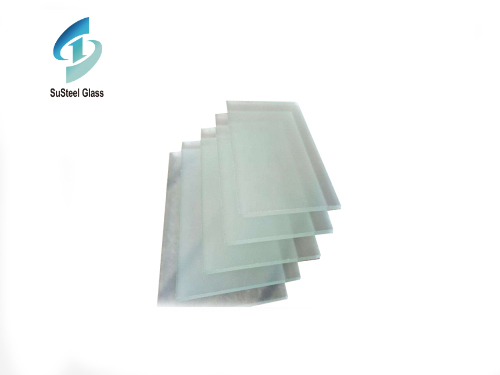 Exploring the Versatility and Elegance of Custom Thick Glass
Exploring the Versatility and Elegance of Custom Thick Glass
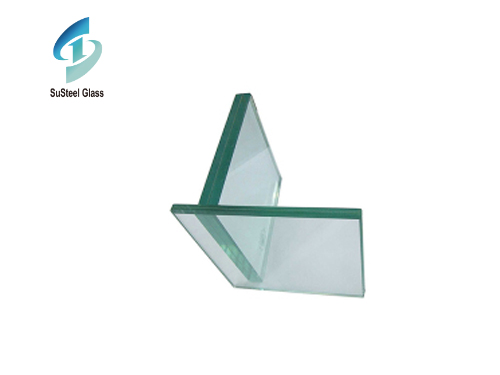 Unveiling the Strength and Versatility of Laminated Glass: Exploring Material Properties
Unveiling the Strength and Versatility of Laminated Glass: Exploring Material Properties
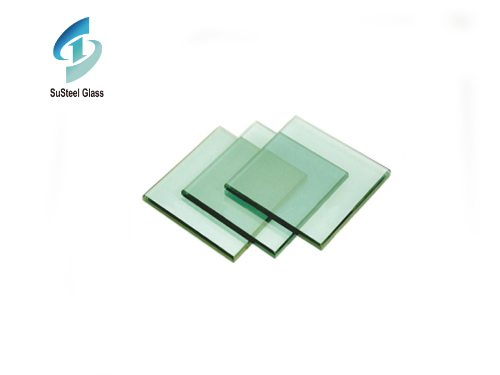 Enhancing Safety with Blast Resistant Glass: Innovations, Applications, and Protective Solutions
Enhancing Safety with Blast Resistant Glass: Innovations, Applications, and Protective Solutions
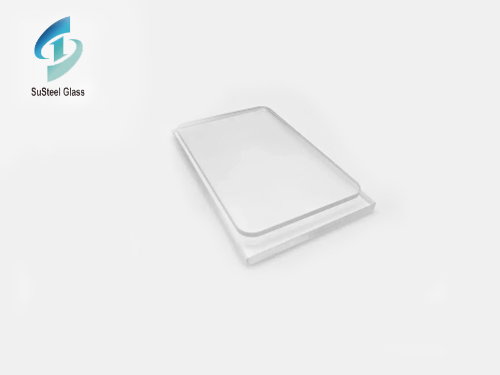 Painted glass has emerged as a captivating medium for interior design
Painted glass has emerged as a captivating medium for interior design

